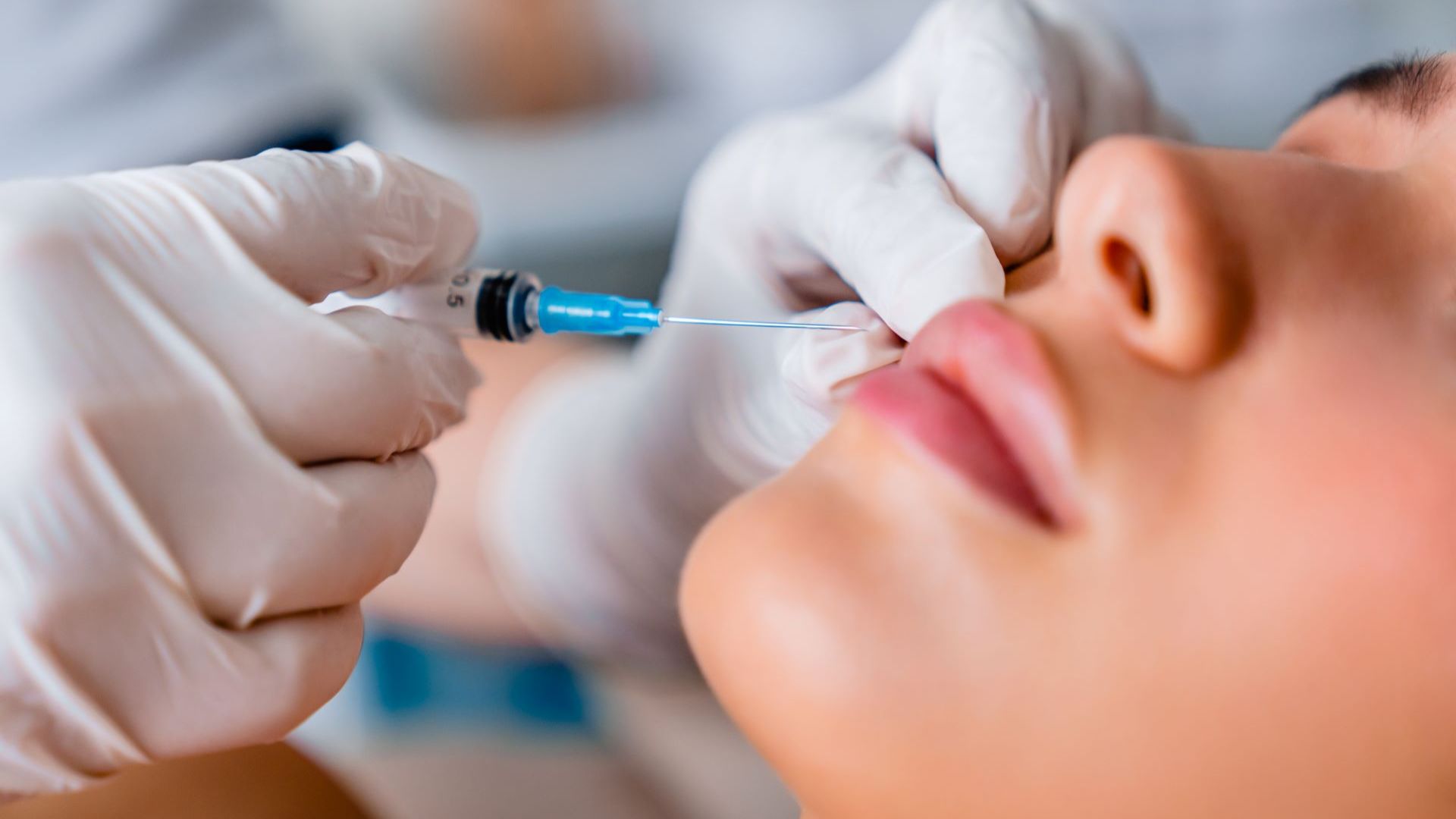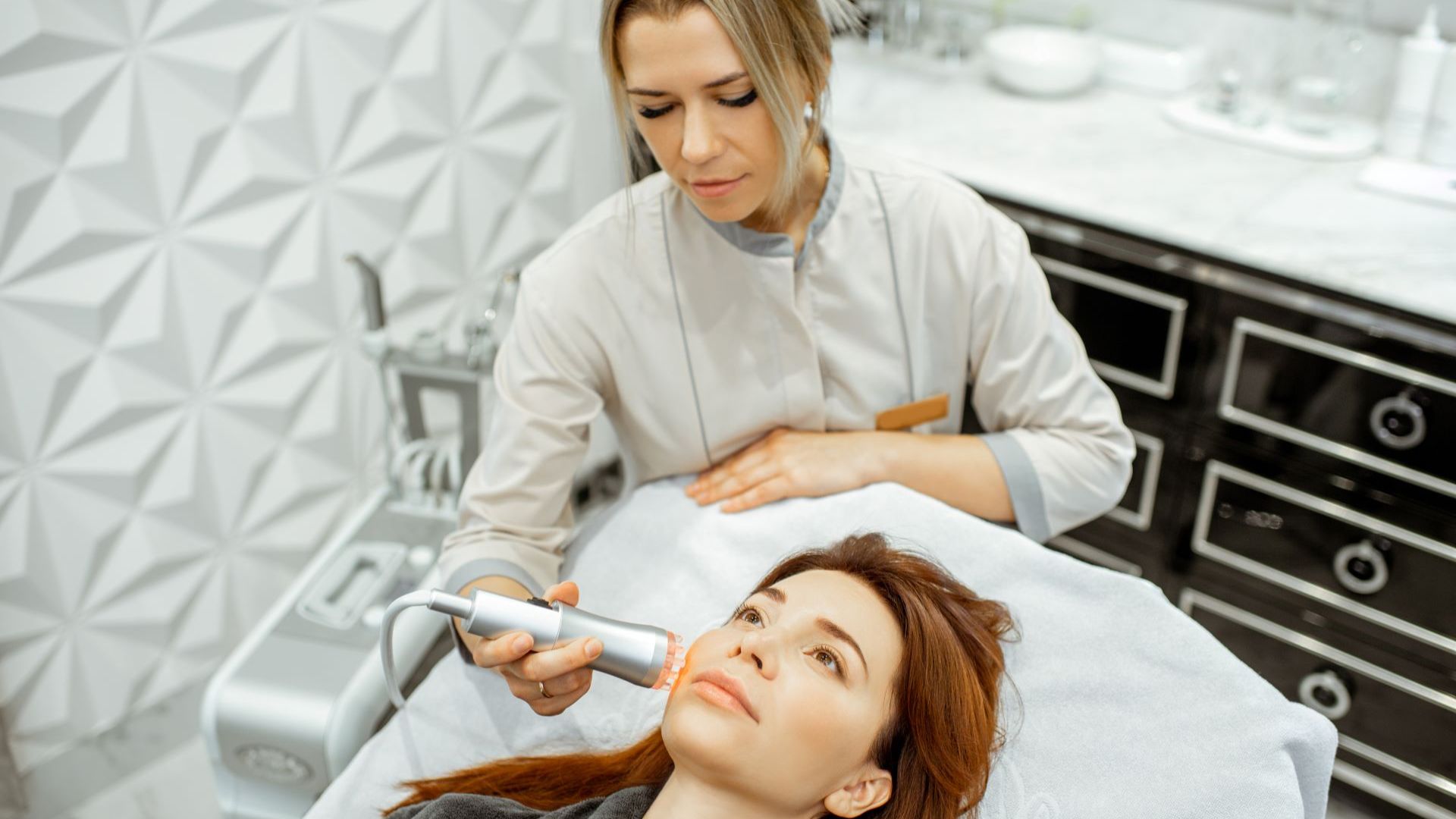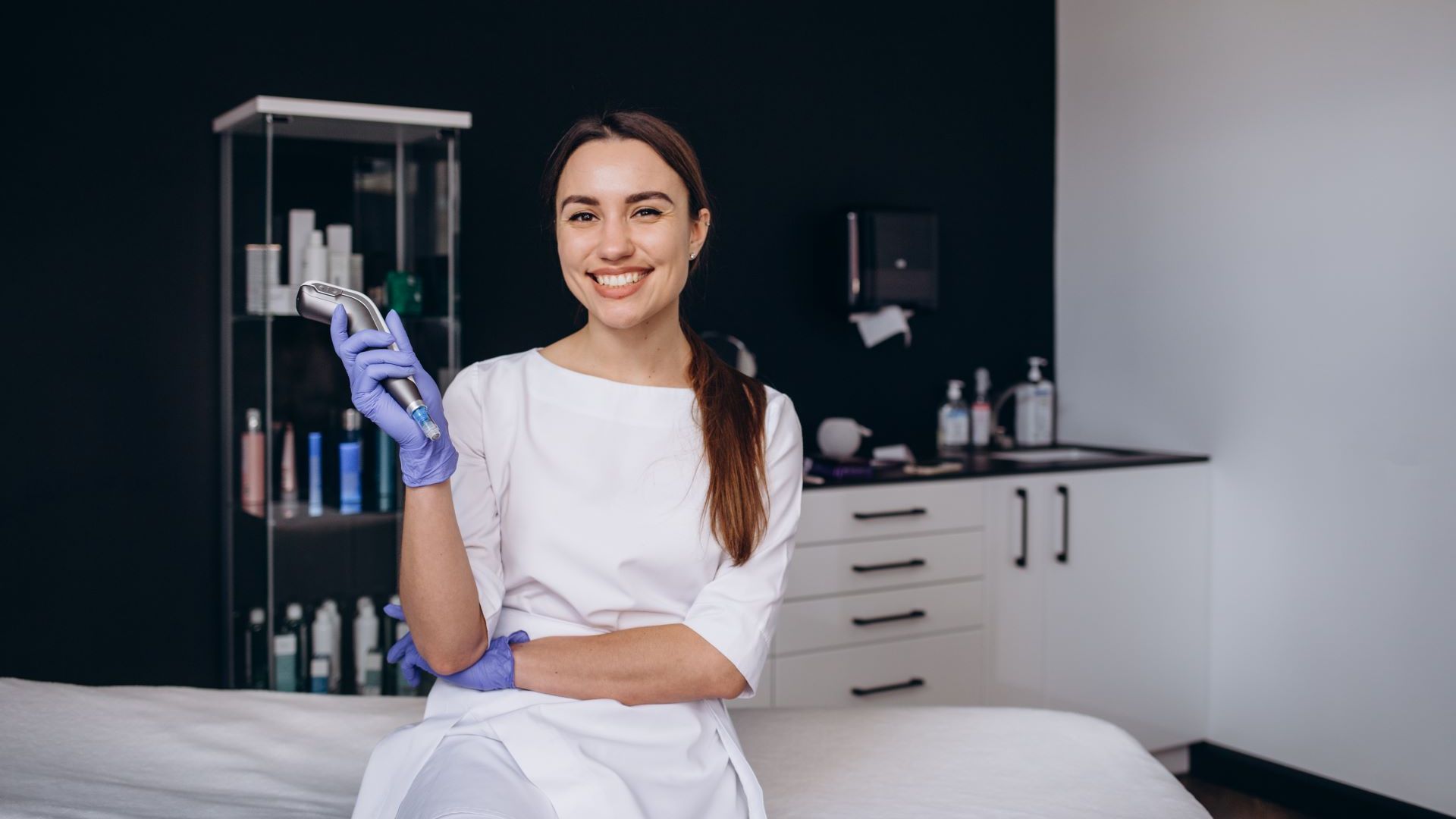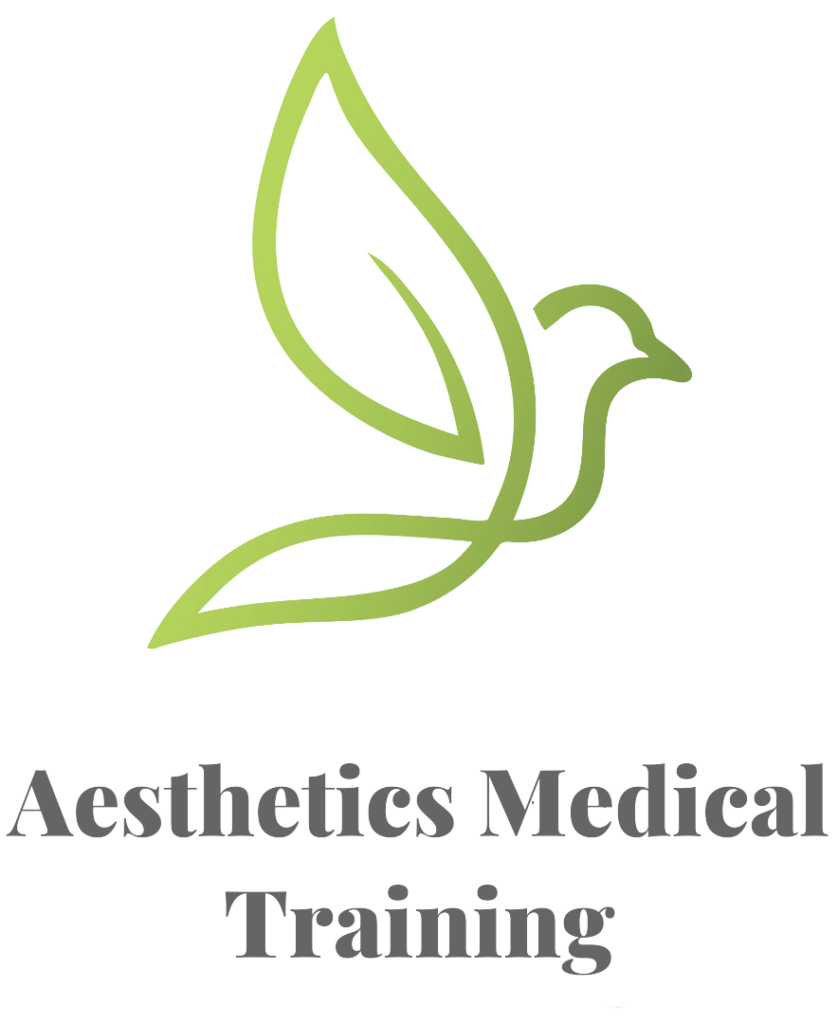In the rapidly evolving world of aesthetic medicine, the demand for skilled cosmetic nurses has never been higher. These dedicated medical professionals play a pivotal role in delivering a range of non-invasive cosmetic procedures, from dermal fillers and chemical peels to laser hair removal and non-surgical body contouring, significantly enhancing patient self-esteem and beauty. As the pursuit of anti-aging treatments and the desire for aesthetic enhancements continue to grow, so does the need for educated, skilled, and compassionate cosmetic nurses.
This article delves deep into the journey of becoming a cosmetic nurse, a career that merges the art of beauty with the science of nursing to offer quality, evidence-based clinical care. We’ll explore:
- The essential role and responsibilities of aesthetic nurses in the healthcare industry.
- Educational pathways and the importance of obtaining a degree in nursing, including passing the NCLEX-RN exam.
- Specialized training and certification requirements for those aiming to excel in cosmetic nursing.
- The dynamic career opportunities and the promising job outlook in aesthetic nursing.
- The final section will introduce Aesthetic Medical Training, our online school designed to equip licensed medical professionals with the knowledge and skills necessary to thrive in the world of aesthetics.

The Role of a Cosmetic Nurse
Cosmetic nurses, integral members of the aesthetic medicine team, specialize in a range of procedures designed to enhance physical appearance without invasive surgery. Their scope of work encompasses a variety of treatments. These professionals combine their nursing knowledge with specialized training in aesthetic procedures to offer personalized care, aiming to improve not only the patients’ appearances but also their self-confidence and overall quality of life.
Key Responsibilities and Impact on Patients’ Lives:
- Administering Aesthetic Treatments: Cosmetic nurses perform a wide array of non-invasive procedures such as administering botulinum toxin injections, applying dermal fillers, conducting laser hair removal treatments, and performing chemical peels. These non-surgical procedures require a high level of skill, precision, and an understanding of facial anatomy and skin physiology to achieve desired outcomes while ensuring patient safety.
- Patient Care and Consultation: Beyond performing procedures, cosmetic nurses assess patients’ medical histories, discuss their aesthetic goals, and develop tailored treatment plans. They provide pre- and post-procedure care, educating patients on the expected outcomes, potential risks, and aftercare instructions to ensure optimal healing and results.
- Collaboration with Healthcare Providers: They work closely with physicians, dermatologists, and plastic surgeons, offering a collaborative approach to aesthetic care. This teamwork is crucial in complex cases requiring combined treatments for optimal results.
- Maintaining Professional Standards: Cosmetic nurses are responsible for staying updated with the latest advancements in aesthetic medicine, adhering to ethical standards, and maintaining their licensure and certifications through continuous education.
Types of Cosmetic Nurses:
- Aesthetic Nurse Injectors: Specialize in injectable treatments, such as Botox and fillers, focusing on reducing the appearance of wrinkles and enhancing facial contours.
- Laser Treatment Nurses: Experts in laser procedures, addressing concerns like unwanted hair, tattoo removal, and skin resurfacing to improve skin texture and tone.
- Plastic Surgery Nurses: Work in plastic surgery settings, assisting in both surgical and non-surgical cosmetic procedures, and providing care throughout the patient’s journey from consultation to recovery.
- Dermatology Nurses: Often found in dermatology offices, focusing on skin health and treatments aimed at enhancing appearance, including non-surgical options and skincare advice.
In summary, cosmetic nurses are essential to the growing field of aesthetic medicine, offering treatments that significantly impact patients’ lives. Their dedication to patient care, continuous learning, and collaboration with medical professionals define their vital role in healthcare.

Educational Pathways to Aesthetic Nursing
The journey to becoming an aesthetic or cosmetic nurse unfolds through a structured educational pathway, requiring a blend of nursing qualifications, specialized training, and certifications. This career path not only demands a foundation in general nursing but also specific expertise in aesthetic procedures to cater to patients’ cosmetic needs effectively.
Nursing Qualifications: The Foundation
- Degree in Nursing: The initial step towards a career in aesthetic nursing is obtaining a nursing degree. Aspiring cosmetic nurses typically start with either an Associate Degree in Nursing (ADN) or a Bachelor of Science in Nursing (BSN). A BSN is highly recommended for those looking to advance into more specialized roles due to the comprehensive education it provides in both the science and practice of nursing.
- NCLEX-RN Exam: After completing their nursing degree, candidates must pass the National Council Licensure Examination for Registered Nurses (NCLEX-RN). This exam assesses the candidate’s readiness to practice nursing at an entry-level safely and effectively.
Specializing in Cosmetics: Advanced Training and Certifications
- Gaining Experience: Hands-on experience is crucial. New RNs should seek positions in settings where they can gain exposure to aesthetic treatments, such as dermatology offices, plastic surgery clinics, or medical spas. This experience is invaluable for developing a solid understanding of cosmetic procedures and patient care.
- Specialized Training: To specialize in aesthetic nursing, RNs must pursue additional training focused on cosmetic procedures and skin treatments. This training often covers a wide range of services, including dermal fillers, chemical peels, laser hair removal, laser skin resurfacing, and non-surgical body contouring. Educational programs can vary from short courses and workshops to comprehensive certification programs offered by accredited institutions.
- Certification: Obtaining a certification, such as the Certified Aesthetic Nurse Specialist (CANS) or becoming a board-certified aesthetic nurse practitioner (for those with an advanced degree), is a critical step. These certifications, endorsed by professional bodies such as the American Association of Aesthetic Medicine and Surgery (AAAMS) and the American Society of Plastic Surgeons, validate the nurse’s expertise in aesthetic nursing. Requirements for certification typically include a specific number of practice hours in aesthetic nursing, a current RN license, and passing a certification exam.
In 2023, the rate of students passing the NCLEX exam and obtaining their license was quite impressive. For the NCLEX-RN (Registered Nurse) exam, first-time U.S.-educated test-takers boasted a pass rate of over 83%. Specifically, for the April to June 2023 quarter, the pass rate for the RN exam was 94.32%, and for the PN (Practical Nurse) exam, it was 90.07%.

Continuing Education and Professional Development
The field of aesthetic medicine is continually evolving, with new treatments and technologies emerging regularly. As such, aesthetic nurses must commit to lifelong learning and professional development. This may involve attending workshops, conferences, and seminars to stay abreast of the latest trends and techniques in aesthetic nursing. Additionally, maintaining certifications through continuing education credits is mandatory, ensuring that nurses keep their knowledge and skills up-to-date.
Advancing in the Aesthetic Nursing Career
With a solid foundation in nursing, specialized training in aesthetic procedures, and the necessary certifications, aesthetic nurses are well-positioned to advance their careers. Opportunities abound in various settings, from private practices and medical spas to plastic surgery and dermatology clinics. Aesthetic nurses can also explore roles in education, sales, and consulting within the cosmetic industry, leveraging their expertise to influence the future of aesthetic medicine.

Gaining Experience in Aesthetic Medicine
Entering the field of aesthetic medicine as a cosmetic nurse requires more than just a solid educational background; hands-on experience is paramount. The nuanced skills needed to perform aesthetic procedures are honed through practical, real-world practice. This section provides insights into how aspiring cosmetic nurses can gain the invaluable experience necessary to excel in this dynamic field.
Tips for Finding Mentorship and Internships
- Leverage Professional Networks: Engage with professional organizations such as the American Association of Aesthetic Medicine and Surgery (AAAMS) or the American Society of Plastic Surgeons. Membership can provide access to mentorship opportunities and internships in cosmetic and plastic surgery settings.
- Attend Aesthetic Medicine Seminars and Workshops: These events are excellent for meeting established professionals in the field who might offer internships or mentorship opportunities. They also keep you informed about the latest techniques and technologies in aesthetic medicine.
- Direct Outreach: Identify dermatology offices, aesthetic clinics, or medical spas that align with your interests and reach out directly to inquire about shadowing or internship opportunities. Personal initiative often makes a strong impression and can lead to valuable learning opportunities.
Accumulating Relevant Experience Through Volunteer Work or Related Healthcare Positions
- Volunteer in Related Settings: Many organizations appreciate volunteer help, especially those offering services like non-surgical body contouring, laser treatments, or other aesthetic services. Volunteering can provide a foot in the door and practical experience.
- Seek Employment in Auxiliary Roles: Positions such as a medical assistant or patient coordinator in cosmetic dermatology practices or plastic surgery offices can offer exposure to the field of aesthetic medicine.
- Participate in Specialized Training Programs: Enroll in training programs offered by institutions like the National Laser Institute or other accredited bodies that provide practical experience in laser therapy, injectables, and other non-invasive treatments.

Introducing Average Salary Insights
With the foundational knowledge and experience in aesthetic nursing under your belt, it’s natural to look ahead at career prospects, including potential earnings.
The Average Salary of a Cosmetic Nurse: Influencing Factors
Here, we delve into how these elements influence the average annual salary of cosmetic nurses, who specialize in various treatments.
- Experience: Novice cosmetic nurses might start at lower salaries, with significant increases as they gain years of experience and expertise in aesthetic procedures.
- Certification: Nurses with specialized certifications like CANS often earn more due to their demonstrated skills and knowledge.
- Role: The specific duties and responsibilities can affect earnings, with nurse injectors and aesthetic nurse practitioners typically at the higher end of the salary range.
- Region: Geographic location plays a significant role, with nurses in metropolitan areas or high-demand regions usually earning more.
Salary Examples:
- Average Salary in the US: According to BetterNurse, as of March 2023, cosmetic nurses earn an estimated average of $85,265 annually.
- Salary Range: According to Salary.com, the range typically falls between $61,732 and $78,474, with variances based on many factors including education and skills.
- By Role: Cosmetic Nurse Injectors have an average salary of $75,064, demonstrating the impact of specialized roles.
- Geographic Variation: Salaries can be as high as $120,887 annually for cosmetic surgery nurses in New York, reflecting regional differences.
As nurses advance in their careers, gaining experience and obtaining advanced certifications, their value in the aesthetic medicine market increases, as does their earning potential. Those considering a career in this rewarding profession should focus on continuous education, skill enhancement, and certification to maximize their salary prospects and achieve success in the thriving field of aesthetic nursing.

Aesthetic Medical Training: Excellence in Reach
Our online school stands at the forefront of aesthetic medical training, offering licensed medical professionals a comprehensive curriculum that blends the science of medicine with the art of cosmetic procedures. Designed to fill the gap between traditional medical training and the specialized needs of the aesthetic industry, our programs ensure professionals are well-prepared to excel in this dynamic field.
Curriculum Highlights
We offer an in-depth look into both the theoretical underpinnings and practical applications of aesthetic medicine. From dermal fillers and laser hair removal to advanced non-surgical techniques, our curriculum is crafted to inspire and educate, ensuring proficiency in the latest cosmetic treatments
Training on the Latest Trends
We continuously update our courses to cover the newest treatments and technologies in aesthetic medicine. This approach ensures our graduates are equipped to offer their patients effective and innovative treatments, enhancing their practice and patient satisfaction.
Empowering Professionals for Success
Our mission is to empower healthcare professionals by providing the skills and knowledge necessary for success in the aesthetic world. Graduates from our program are ready to deliver high-quality, evidence-based care, making a tangible difference in their patients’ lives.
Conclusion: Shaping the Future of Aesthetic Medicine
Join us at our online school for aesthetic medical training, where we’re dedicated to bridging the gap between traditional medical education and the evolving world of aesthetics. Through our comprehensive training and expert-led courses, we’re preparing medical professionals to lead in the field of aesthetic medicine, enhancing patient care and advancing their careers.

